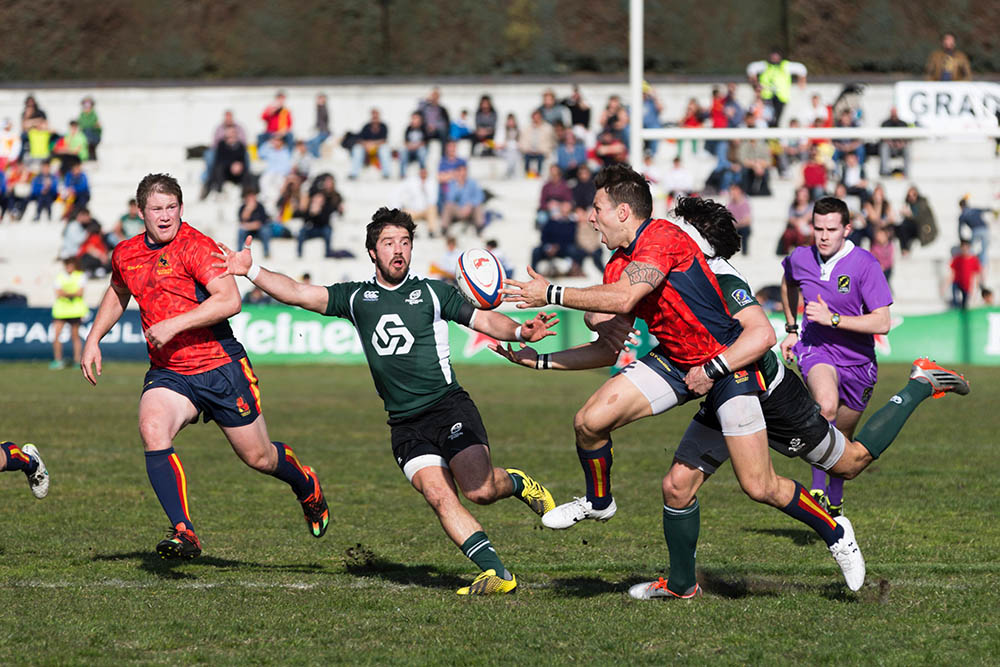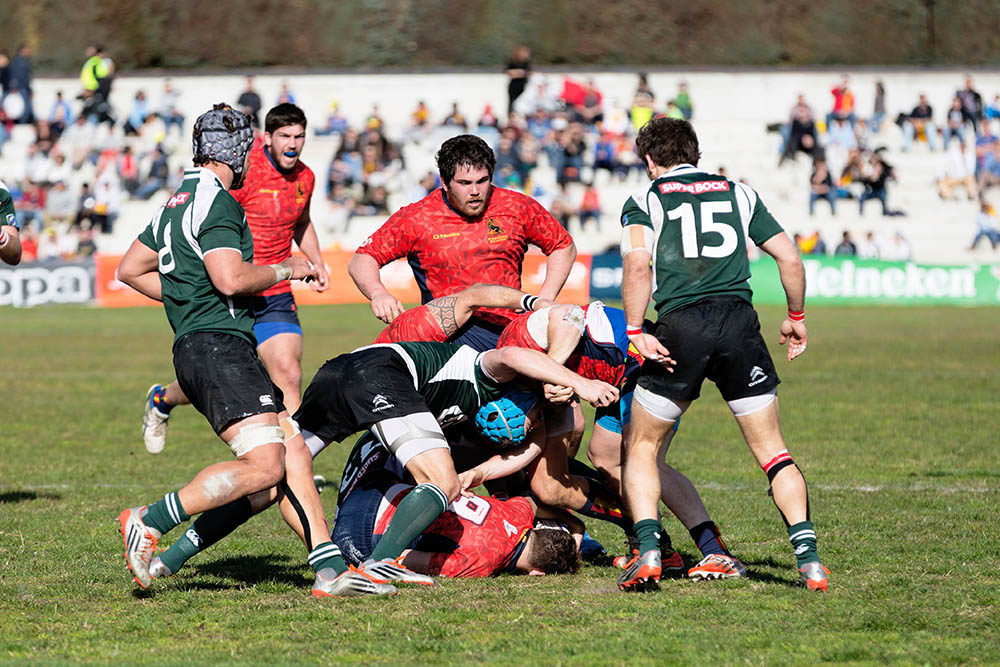Preparing for rugby’s worst injuries and its common This can all sound pretty alarming to anyone that is just getting started in rugby, or that might be looking to go pro and play with some more experienced players. This is where Graceville Physio encourage people to come in and take part in a personalised sports assessment. We can test out different areas of the body to determine flexibility, range of motion, special skills and any weaknesses in muscles, posture, tendons or other issues. This list of strengths and weaknesses lets us come up with a custom plan that may help you avoid injuries in the future. This preventative plan also allows for specific exercises, training aids and advice on techniques. Unfortunately, this approach isn’t going to save every single player we meet from an injury. So, what happens if you do experience one of the injuries mentioned above.
Treating rugby union injuries with sports physiotherapy
Sports injury treatments at Graceville Physio will depend on the severity of the problem and the prognosis. First, you will come back in for another detailed assessment to see the extent of the injury and the cause. From there we can work on a treatment plan that could include a range of treatment options. These options include the following:
1) Massage therapy for strains in the muscles or tendons.
2) Exercise therapy to improve the motion in a damaged limb.
3) Dry needling to help relax and heal muscles
4) Joint manipulation for improved motion and alignment
5) Heat, cooling or electrotherapy
Once you are ready to get back out and start training again, we will still have your back with additional help and advice. This can include new exercises to help prevent similar injuries in the future, new training equipment and taping techniques to let the muscles heal.
Of course, some of those rugby injuries mentioned above are too severe for sports physiotherapy alone. Some dislocations, muscle separations and fractures will require surgical intervention and other specialist help. Graceville works with leading surgeons and physicians for referrals and post-surgery care.
Tight ITBs?
Many rugby players come and see us with very tight Iliotibial bands (ITB). ITB is the muscle that runs on the outside of your thigh. This muscle helps stabilise your leg when your running. For some individuals tightness through this muscle can also effect there knee joint from functioning normally. Common causes for this, are an increase in training load, poor flexibility with surrounding muscles (Quadriceps, hamstrings, Hip flexors), weakness in some glut muscles and poor running biomechanics.
Some methods to help release this are foam rolling/ trigger pointing surrounding muscles, strengthening surrounding muscles, RICE and stretching. Your local physiotherapist will help identify the contributing factor to this tightness and will help address what will work best for you.
Graceville Physio can treat all kinds of rugby injuries in a professional manner
The main thing to remember here is that Graceville’s expert team can work with you for a personalised approach no matter the situation or injury. It could be small sprains from rugby injuries in schools, tears and dislocations from adult rugby league injuries or rehab after surgery. Whatever the issues, you will receive the best possible care and support from a team affiliated with the Australian Physiotherapy Association. There is also mobile support available where staff could come to you. This might be ideal for all those struggling with multiple injuries or an additional concussion.
Contact Graceville Physio to learn more about rugby physio
If you think that our team may be able to provide the support that you need for your rugby injuries, get in touch. The sooner that you book that sports screening or your first appointment, the sooner you will be performing to your full potential.



